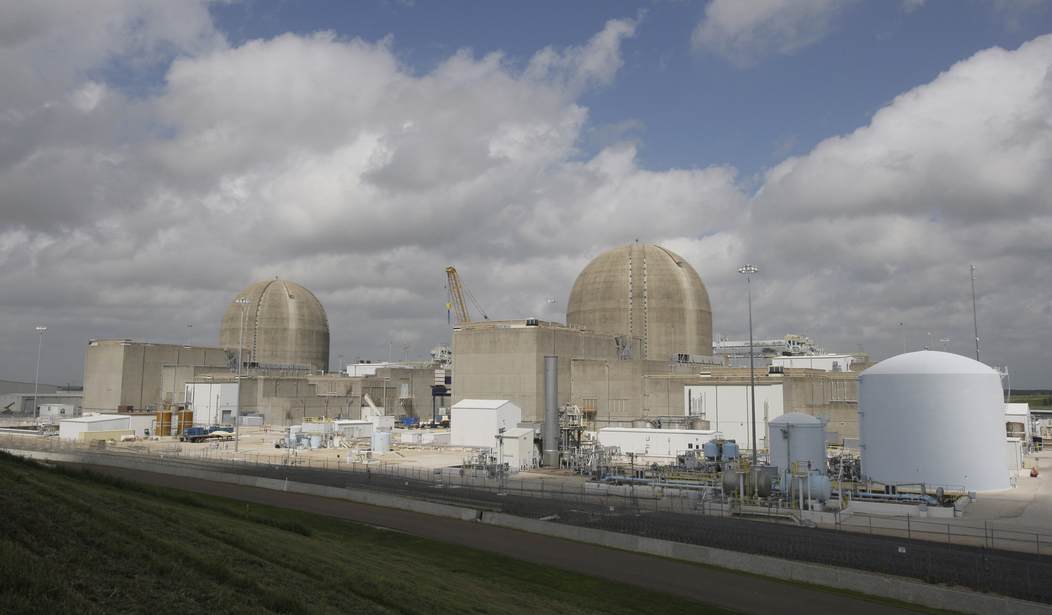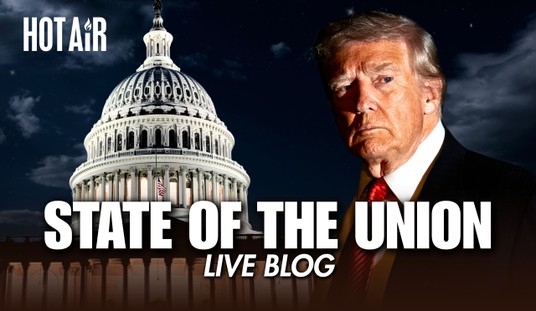The current legislative session in Illinois is drawing to a close and they still haven’t managed to pass a new energy bill. This should have been a fairly routine process, intended to make sure that the state is able to literally keep the lights on for the next year, but it’s been bogged down by progressives who have taken the bill hostage and issued a set of demands. Rather than focusing on ways to prevent brownouts and rolling blackouts, these legislators are insisting that the bill focus on climate change and “job equity.” As we’ve seen in other blue states, they are demanding that renewable energy supplies, primarily solar and wind, be vastly expanded. This is all part of Governor J.B. Pritzker’s order to reach 100% renewable energy by 2050. Caught in the middle is Exelon Corporation, the operator of multiple nuclear power plants in the state. Rising costs have led Exelon to request increased payments from the state or they may have to close a couple of their plants ahead of schedule. But the activist legislatures apparently aren’t too wild about nuclear power either so they are balking. (Chicago Sun-Times editorial board)
Someone should flick the “on” switch right about now for really smart clean energy legislation in Illinois.
Instead, nearly 50 Illinois lawmakers informed their leaders by letter on Wednesday that any comprehensive clean energy bill must firmly address climate change and job equity, or there’s no deal. It’s worrisome that the various players are still so far apart. Illinois can’t afford to let this legislative session end on May 31 without getting this job done.
Environmentalists, consumer advocates and others have been working for years to put Illinois at the forefront of renewable energy. Now Exelon’s demand for far more money than expected to keep two money-losing nuclear power plants running is tying negotiations into a knot in the last days of the session.
Despite investing heavily in wind energy, renewables only accounted for 8% of the electricity produced in Illinois last year. It’s going to take a long time to even get to 50%, assuming that can be done at all. In the meantime, if the state loses two of its nuclear plants, one of two things will happen. (More likely both.) The grid will see too much strain during peak energy usage hours and places will start going dark.
Also, to meet the missing energy requirements, utility companies will light off natural gas-driven power plants, further angering the green energy enthusiasts. In the meantime, Illinois will almost certainly wind up having to purchase excess energy from neighboring states who produce at least some of their juice from natural gas plants. That will further drive up costs for consumers.
The lack of common sense on display here is alarming. If your primary complaint involves carbon emissions, nuclear power is one of the few sources that have absolutely no carbon footprint. If anything, they should be funding the development of more nuke plants, not driving some into early retirement. There simply isn’t enough renewable energy being produced in Illinois to cover the needs of the state and demanding that it suddenly appear isn’t going to make it happen overnight.
California already went through a period of rolling blackouts last summer after shifting significantly toward solar power. The blackouts were blamed on “inadequate supply-demand planning.” While there were certainly other factors, including the wildfires involved, the reality is that there were times when the grid simply ran out of juice. (Oddly enough, you don’t generate much solar energy at night.)
If Illinois doesn’t learn a lesson from what’s been going on out west and get its act together, they could wind up in the same boat. And voters who sit in the dark with no heating or air conditioning tend to take out their frustrations at the ballot box.









Join the conversation as a VIP Member